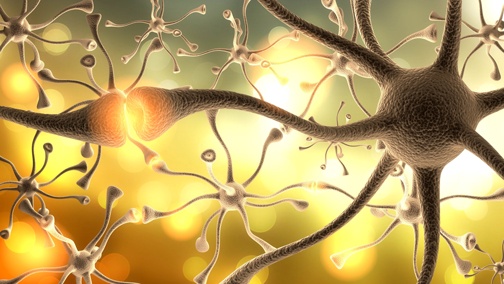
Researchers in the United States have made an important discovery for understanding how stem cells that make new neurons in the brain. Scientists from Duke University discovered that a particular neuron has the ability to tell stem cells to make more neurons.
Scientists have long-suspected that the human brain was capable of “neurogenesis” — a process where new neurons are created. This research has identified how this “brain repair circuit” might function.
Researchers found a previously unknown group of neurons in mice, within the subventricular zone (SVZ). The neurons were found to express an enzyme called choline acetyltransferase (ChAT), which is required to make the neurotransmitter acetylcholine.
When a laser beam was used to alter the firing frequency of the newly discovered neurons, scientists saw changes in the production of neural stem cells. The ChAT enzyme was found to be is part of the process which tells stem cells to produce new neurons.
In mice, the newly produced neurons headed directly for the olfactory bulb, which controls the mice’s sense of smell. A mice’s sense of smell is very important and much of their brain activity is about processing smells. Understanding how newly created neurons choose where they go within the brain will be an important next step for researchers.
By understanding more about the stem cells that make new neurons, researchers hope to develop treatments for illnesses in humans including Alzheimer’s disease, dementia and stroke.
From: Newly Discovered Brain Cells Tell Stem Cells to Grow New Neurons
{{cta(‘3fe0aac7-7562-46dc-b8b9-c706d9cfd6b1’)}}
{{cta(‘fec594e9-5433-4350-9180-2bdd371eb399’)}}

